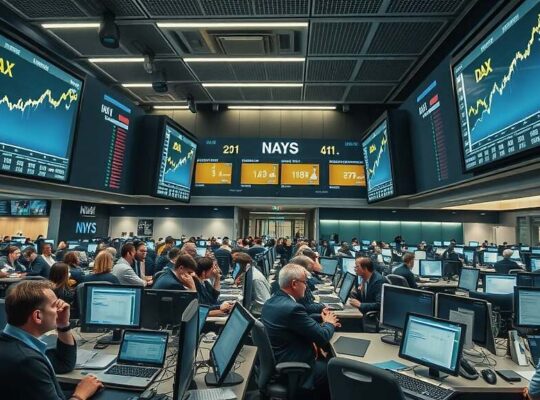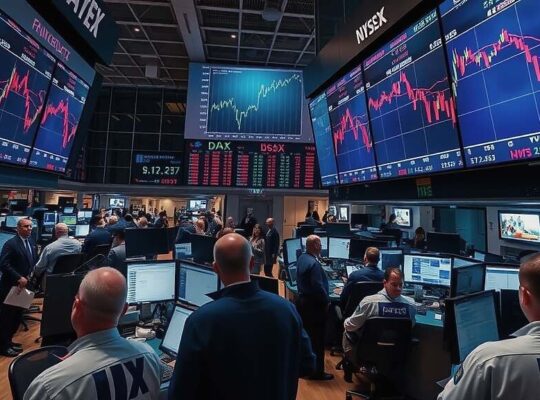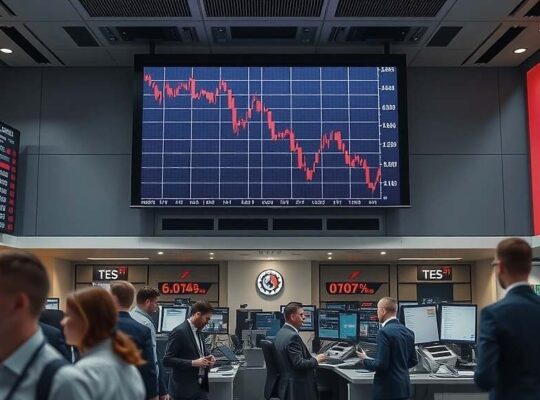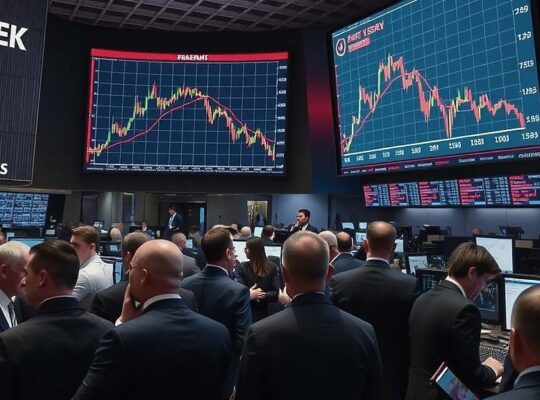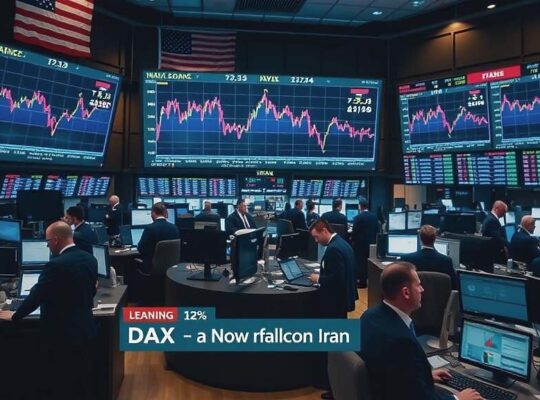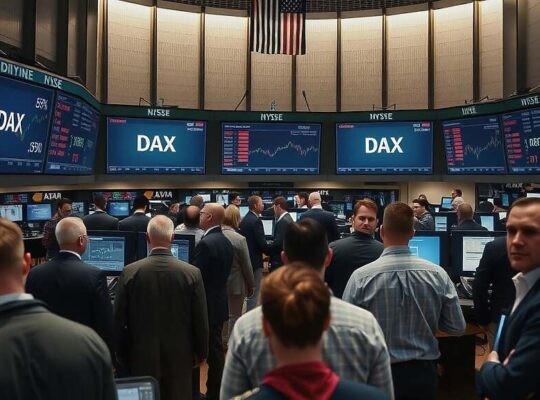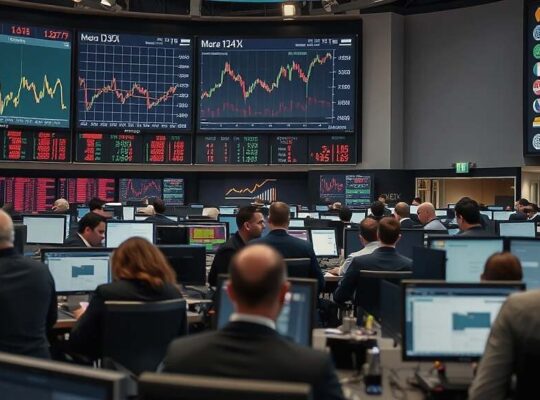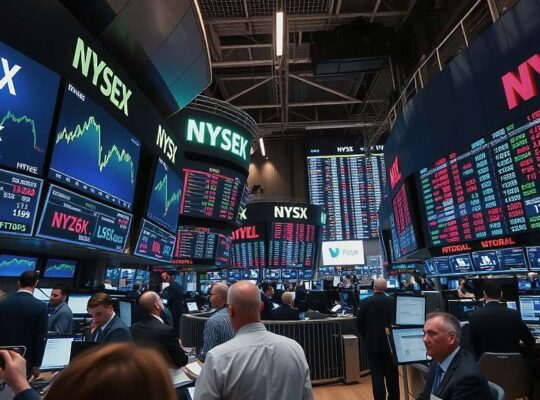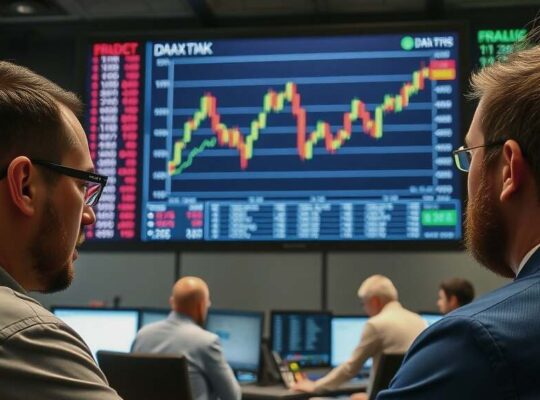The German DAX index edged higher on Thursday, closing at 23,767 points, a 0.2% increase compared to the previous day’s close. The modest gains reflect a complex interplay of factors, largely driven by shifting investor sentiment surrounding monetary policy and geopolitical developments, prompting cautious optimism amongst market participants.
Christine Romar, Head of Europe at CMC Markets, attributed the uptick to a combination of hope for peace in Ukraine, offering a rare positive catalyst for European markets and the lingering anticipation of interest rate cuts by the US Federal Reserve. This counterbalances concerns regarding potentially overvalued equities, particularly within the US tech sector, which have temporarily receded in the lead-up to the Thanksgiving holiday, rekindling the prospect of a year-end rally.
The DAX’s ability to maintain its gains despite a closed Wall Street underscores this resilience, although the index remains heavily reliant on the Fed’s actions. Market pricing for a third interest rate cut this year has surged to approximately 85%, dramatically up from just 30% a week earlier. Beyond the immediacy of the rate cuts themselves, speculation surrounding a potential succession to Jerome Powell – particularly the rumored consideration of Kevin Hassett – is fueling hopes for a prolonged easing cycle, extending well into next year. This prospect indicates a potential shift in the Fed’s long-term strategy, easing pressure on markets and fostering a more conducive environment for investment.
The rapid turnaround in market sentiment – moving from a “risk-off” posture across asset classes just a week ago to the current bullish tone – highlights the inherent volatility and opportunities for those facilitating market activity. The Deutsche Börse, Frankfurt’s stock exchange, has benefitted directly, with its share price performing strongly. The rally follows a period of significant losses, attracting bargain hunters betting on increased volatility and trading volumes.
Elsewhere, speculation regarding a potential takeover of sportswear company Puma is also contributing to positive movement. The company’s share price has slumped to a ten-year low amidst a broader market upturn, triggering what is being described as a “Black Week” of heavy discounting in Herzogenaurach. While previous takeover rumors have failed to materialize, the prevailing deep-discount environment is rekindling interest from potential acquirers, although this latest surge carries an element of caution. Further speculation reinforces pressure on Puma’s management and ownership to aggressively accelerate restructuring efforts and return the company to profitability, a factor likely to serve as a positive catalyst for the share price.
The euro strengthened slightly against a basket of currencies, trading at $1.1597, putting the dollar at €0.8623. Meanwhile, gold prices weakened, falling to $4,155 per fine ounce. Brent crude oil, however, registered a slight increase, reaching $63.25 a barrel.



